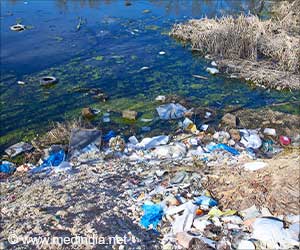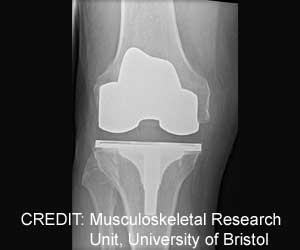The study finds Indian rivers contain antibiotic residues that may contribute to the growing problem of ‘antimicrobial resistance’ and negative effects on the ecosystem and human health.
Three antibiotics, namely, Ofloxacin, Norfloxacin, and Sulfamethoxazole were detected in these river water samples. Ofloxacin (0.71 Aug/L) and Sulfamethoxazole (0.2 Aug/L) were found in the Yamuna and Norfloxacin (0.93 Aug/L) was detected in the Zuari. Ofloxacin (0.54 Aug/L) was also present in the Gomti and Cooum.
“All the antibiotics detected are found to be 2 to 5 times higher than the draft notification limits proposed by the Ministry of Environment, Forest, and Climate Change for the respective compounds,” said Toxics Link’s Program Coordinator, Omkar Gaonkar.
The sample size in this study is limited; however, the findings of this study are alarming and highlight the potential possibility of widespread antibiotic pollution in the country, a release from Toxics Link said.
“Most importantly, the locations where antibiotic residues are detected are not necessarily in close proximity to major pharmaceutical industrial hubs. Therefore, the study raises concerns on the sources of antibiotic residues into these rivers which can be from both treated as well as untreated sewage,” observed Toxics Link Associate Director Satish Sinha.
Antibiotics are important life-saving medicines and play a key role in the wellbeing of human health. However, indiscriminate use and lack of regulatory standards for antibiotics in effluents from pharmaceutical industries is leading to this major health hazard, more so for India as aceIndia is one of the major users and producers of antibiotics in the world and is more prone to the ill effects of antibiotic pollution,” said Toxics Link Senior Program Coordinator Piyush Mohapatra.
Source: IANS



